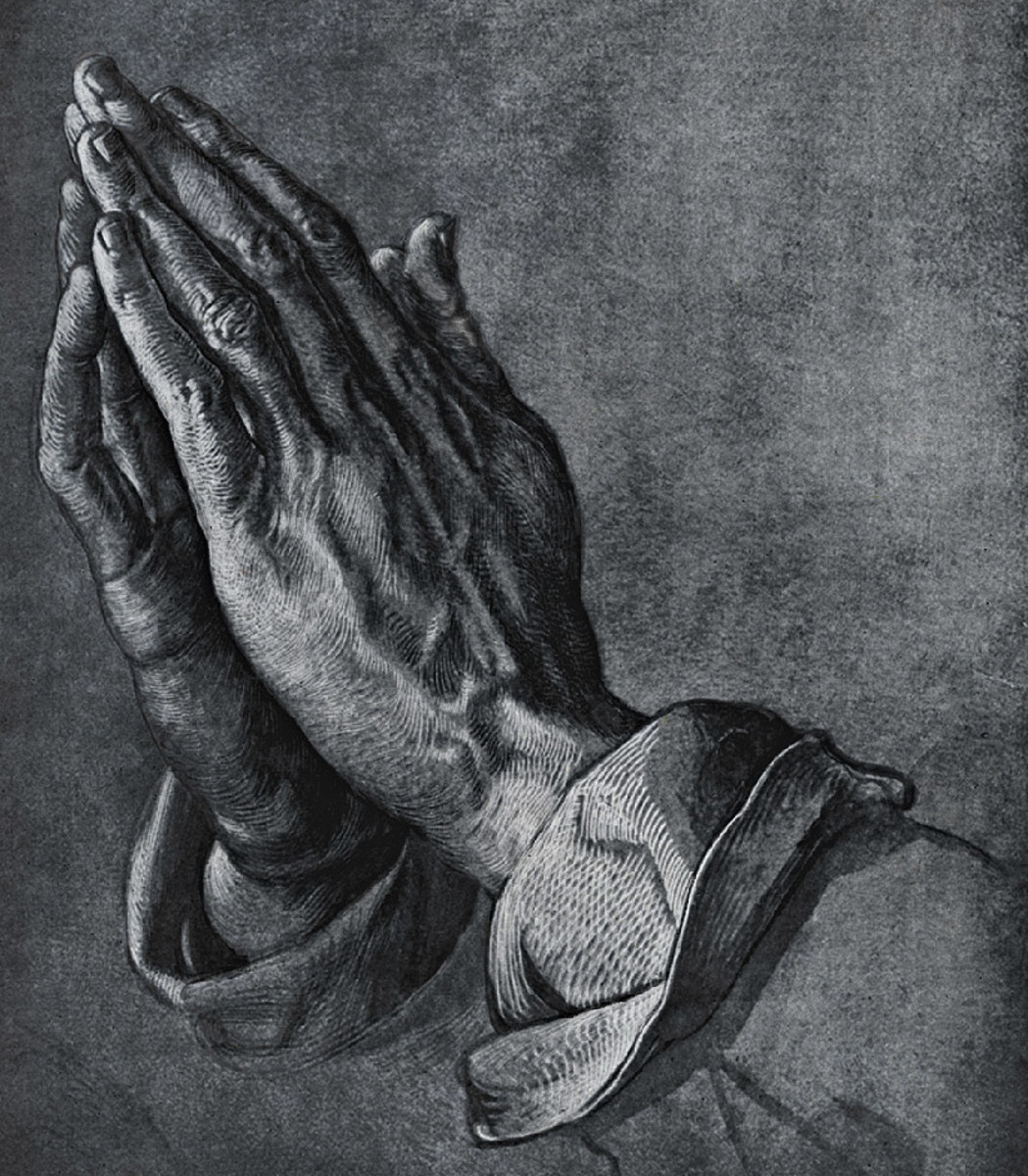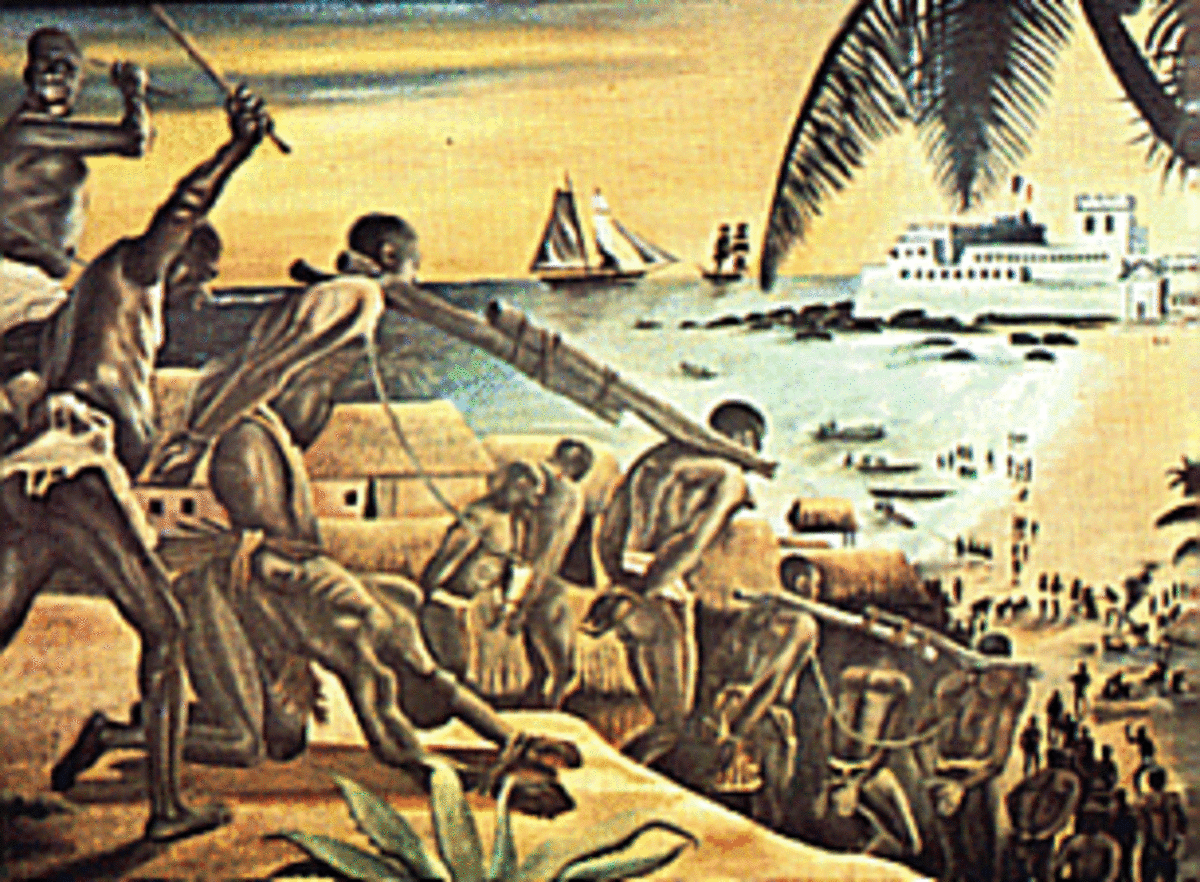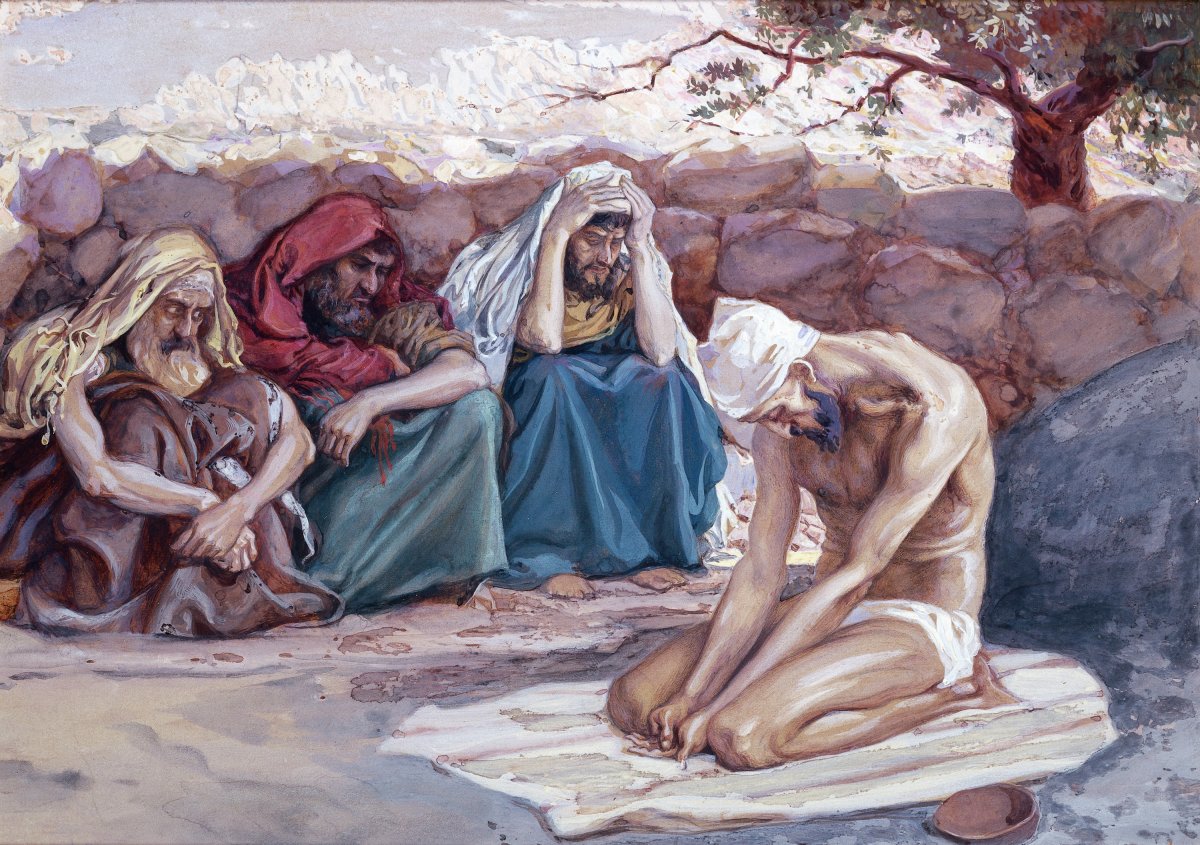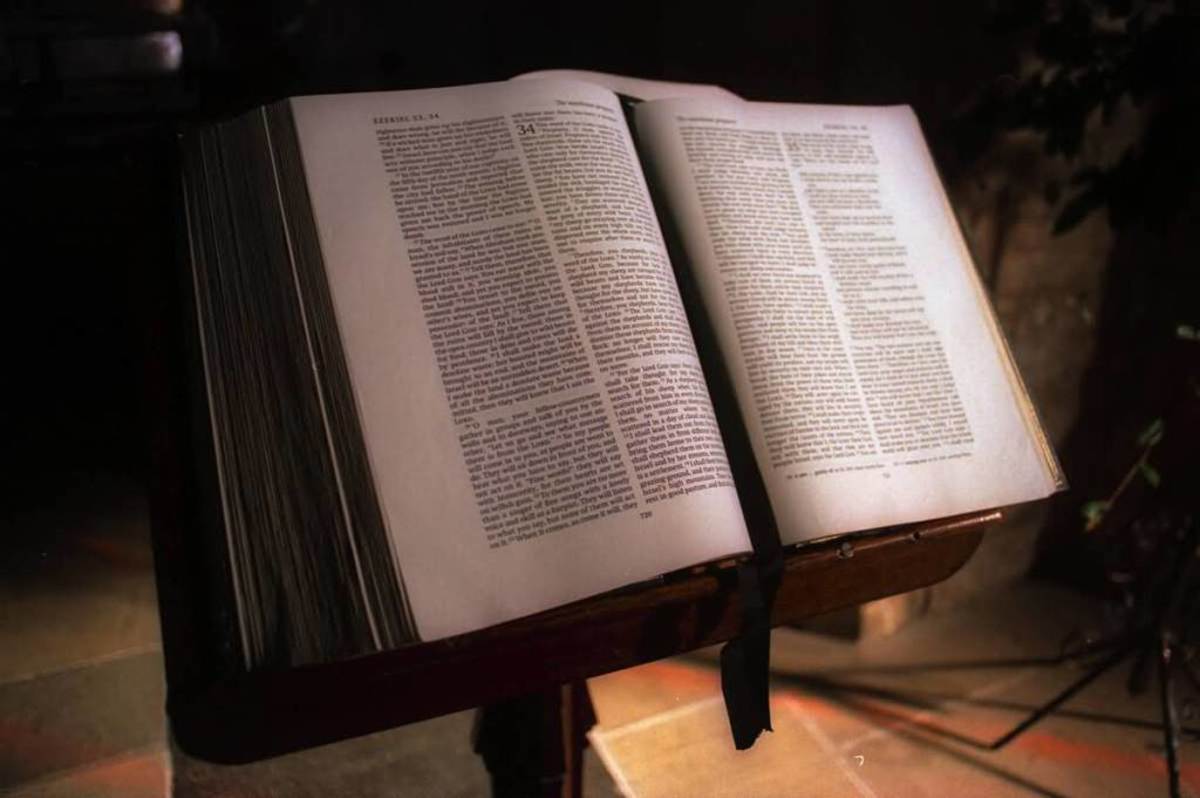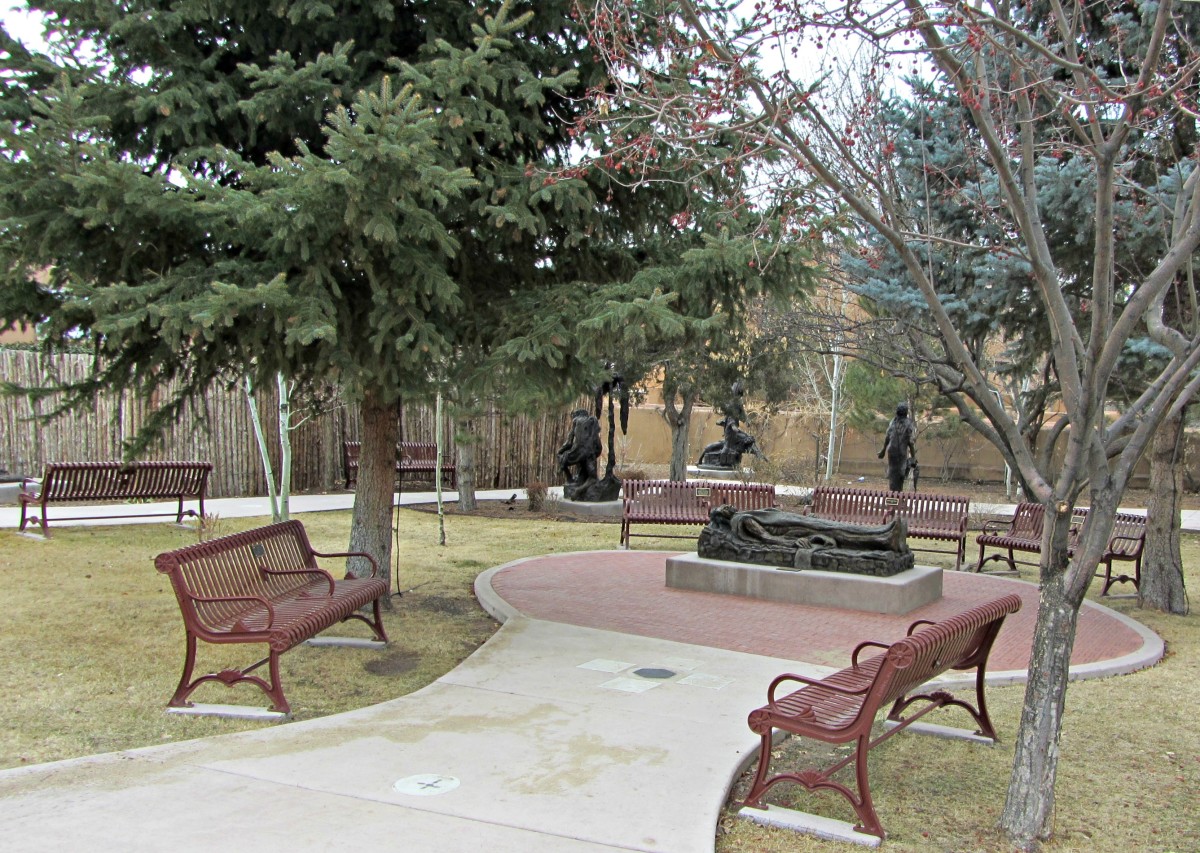Prayers in The Bible

A Fountain of Prayers
Reading the Bible has always been essential to a christian because God's Spirit is working in and through the Word of God. The Gospels' wiitnessing about the life, dead and ressurection of Jesus are of course essential but so many parts and genres have been of immense value to a lot of believers during centuries.
One of these genres is the prayers in the Bible. The first most of us will think of is of course The Lord's Prayer ( Matt. 6:9-13 ):
Our Father in heaven,
hallowed be your name,
your kingdom come,
your will be done
on earth as it is in heaven.
Give us today our daily bread.
Forgive us our debts,
as we also have forgiven our debtors.
And lead us not into temptation,
but deliver us from the evil one.
Now, from a christian perspective this is really the prayer of all prayers. Frist of all because it was shaped by Jesus Himself. Second, because Jesus intended it to be kind of a universal prayer: "And when you pray, do not keep on babbling like pagans, for they think they will be heard because of their many words. Do not be like them, for your Father knows what you need before you ask him", Jesus tells his disciples, and he continues: "This, then, is how you should pray: Our Father in heaven ..." etc.
This does not mean, that The Lord's Prayer is the only prayer to be used. Jesus often prayed, using his own spontaneous words. But the very content of the Lord's Prayer is so general, that everybody can use it, no matter how their circumstances are. This is also why The Lord's Prayer has been invaluable for so many people who - for one reason or another - have had difficilties when it comes to the question how to pray.
The Book of Psalms
While The Lord's Prayer may be called "the prayer of prayers", the Book of Psalms contains a collection of 150 chapters, many of which are prayers in their immense diversity. Thus, the Book of Psalms is truly the Bible's "book of prayers".
The Book of Psalms is one of the most beloved books in the Bible, and it's not difficult too see why. During these 150 psalms so many feelings and moods are at stake: Joy, sorrow, anger, repentance, hatred, love - they're all there. Which means that virtually no matter how your life situation is you can always find a psalm which expresses the feelings in your mind. So, with the Book of Psalms you got a collection of prayers which you can always use. One of the most famous prayers in The Book of Psalms is psalm 51, written by a repentent King David after his adultery with Bathsheba:
1Have mercy on me, O God,
according to your unfailing love;
according to your great compassion
blot out my transgressions.
2 Wash away all my iniquity
and cleanse me from my sin.
3 For I know my transgressions,
and my sin is always before me.
4 Against you, you only, have I sinned
and done what is evil in your sight;
so you are right in your verdict
and justified when you judge.
5 Surely I was sinful at birth,
sinful from the time my mother conceived me.
6 Yet you desired faithfulness even in the womb;
you taught me wisdom in that secret place.
7 Cleanse me with hyssop, and I will be clean;
wash me, and I will be whiter than snow.
8 Let me hear joy and gladness;
let the bones you have crushed rejoice.
9 Hide your face from my sins
and blot out all my iniquity.
10 Create in me a pure heart, O God,
and renew a steadfast spirit within me.
11 Do not cast me from your presence
or take your Holy Spirit from me.
12 Restore to me the joy of your salvation
and grant me a willing spirit, to sustain me.
13 Then I will teach transgressors your ways,
so that sinners will turn back to you.
14 Deliver me from the guilt of bloodshed, O God,
you who are God my Savior,
and my tongue will sing of your righteousness.
15 Open my lips, Lord,
and my mouth will declare your praise.
16 You do not delight in sacrifice, or I would bring it;
you do not take pleasure in burnt offerings.
17 My sacrifice, O God, is[b] a broken spirit;
a broken and contrite heart
you, God, will not despise.
18 May it please you to prosper Zion,
to build up the walls of Jerusalem.
19 Then you will delight in the sacrifices of the righteous,
in burnt offerings offered whole;
then bulls will be offered on your altar.
When you study The Bible, you'll soon realize that there is an intimate connection between The Old Testament and The New Testament, and Jesus Himself refers to The Old Testament again and again. This is also true when it comes to the biblical prayers. While he is hanging on the cross on Good Friday and cries: “My God, my God, why have you forsaken me?” this is in fact a quotation of Psalm 22:1.
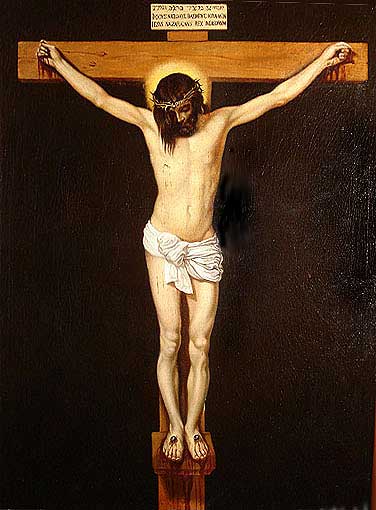
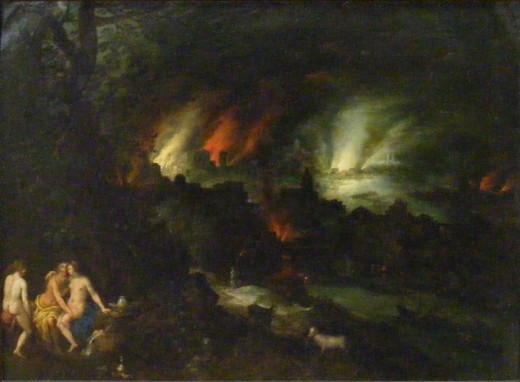
Prayer - throughout the Bible
From Genesis to Revelation prayer goes as man's way of communicating with God. Already in Genesis 18 prayer becomes for the first time a central theme, that is, at the incident were Sodom and Gomorrah are destroyed. Abraham pleads staedily for the two sinful cities, and though it all ends up with the cities being swept away, the message of the text is that God can indeed be moved by man's prayer. Thanks to Abraham's pleas God promises that if there are only 10 good people in the cities He will spare them.
This corresponds with the dynamic Hebrew concept of God, but hardly with classic Greek philosophy, according to which God is "the immovable mover". Greek philosophy has had a huge impact on classic theology and this is probably the reason why it is hardly acceptable that God has feelings which can in fact be influenced by human interaction. But were this not the case, any prayer would be fruitless. It is of no use to pray to an "immovable mover", as that kind of God can impossibly change his mind!
Prayer and the church
That prayer is a fundamental aspect of a christian's life is already stated in the Book of Acts: They devoted themselves to the apostles’ teaching and to fellowship, to the breaking of bread and to prayer, are the words of Acts 2:42.
And Luke ( the author of Acts ) gives us examples from real life of the first congregation in Jerusalem, as to how prayer was used. A quite touching incident is the dramatic situation, where Peter and John has been arrested by the Jewish authorities. After having been released again they return to the congregation and tell them what happened. Now, Luke desribes how the congregation as a spontaneous response to the apostles' account starts praying:
"... Now, Lord, consider their threats and enable your servants to speak your word with great boldness. Stretch out your hand to heal and perform signs and wonders through the name of your holy servant Jesus.” After they prayed, the place where they were meeting was shaken. And they were all filled with the Holy Spirit and spoke the word of God boldly. ( Acts 4:29-31 )
And later, Acts 12:12 says that Peter, after having been released from imprisonment, goes to Mary's house where "... many people had gathered and were praying."
Apparently the first congregation used prayer as a powerful tool when they were in need. But, on the other hand, nothing seems to indicate that the prayer for help was the only way they used to pray. On the contrary, when you study the letters of the New Testament, you'll find a diversity of prayers which resemble the diversity found in the Psalms in the Old Testament.
Conclusion
Since then the church has been a praying church. It has been said that prayer is the christian's breathing. And this is true, because prayer is our communication with God.
Lots of prayers have been created during the history of the church, many of them inspired by the prayers in the Bible. The probably most famous of them all is the prayer of Francis of Assisi.
As the church of Jesus Christ we are moving towards eternity where God is going to be all in all. But before that joyful moment dramatic events are going to take place. This is described in the last book of the Bible, that is, The Book of Revelation. The last era of this world will be terrible while Antichrist is ruling over the world. And this is exactly why the whole Bible in its next last verse ends up with even a prayer, that is, a prayer of hope, which will also be the conslusion of this article:
Amen. Come, Lord Jesus. ( Rev. 22:20 )
Related articles
- How to pray to God
Many people often need to pray but don't really know how to do it. Read this artcile and start praying! - How to Study the Bible - a Beginner's Guide
Would like to read The Bible but don't know how to start the right way? This article will probable help you!

